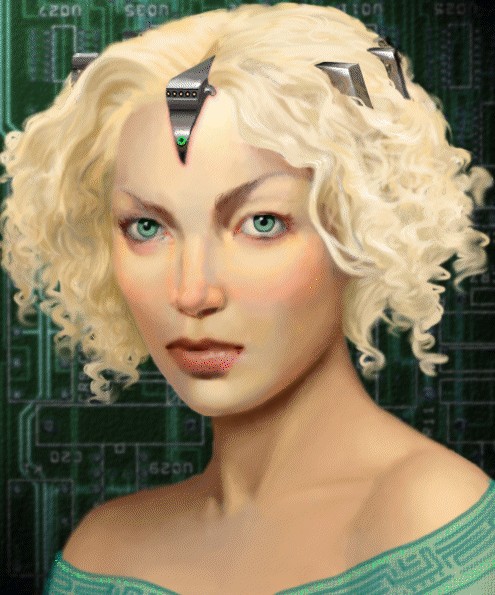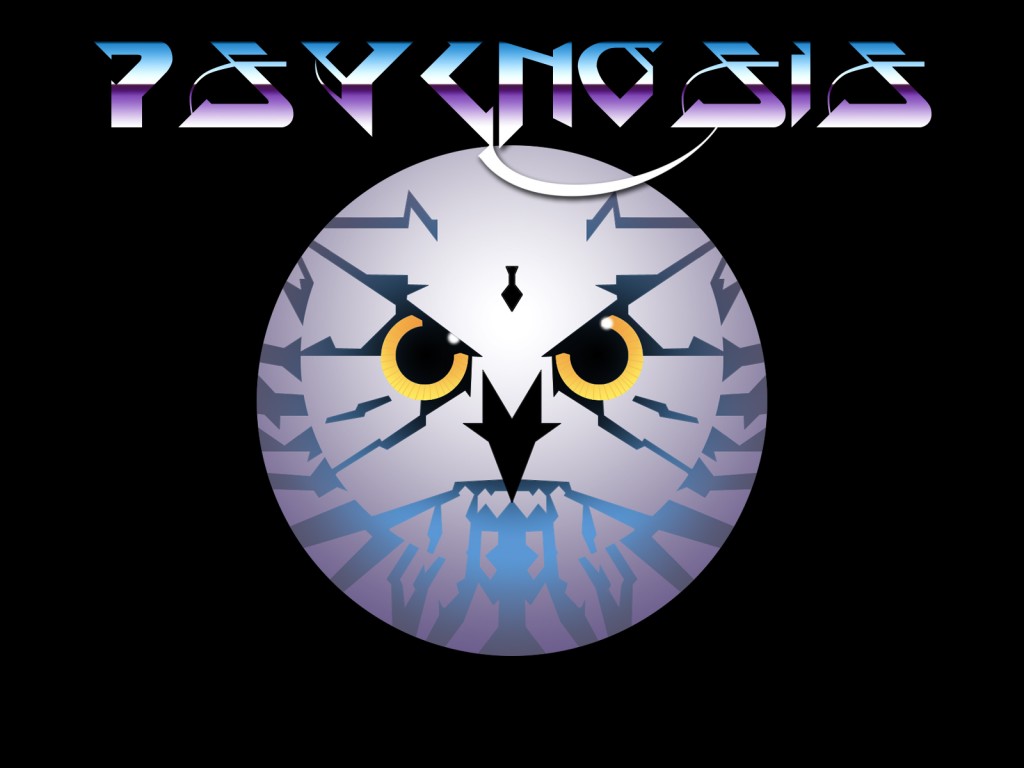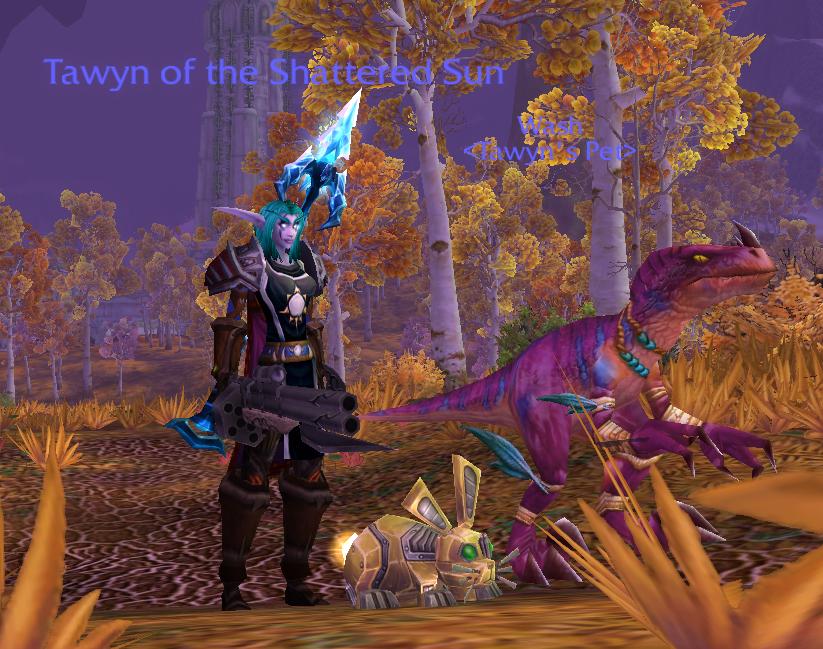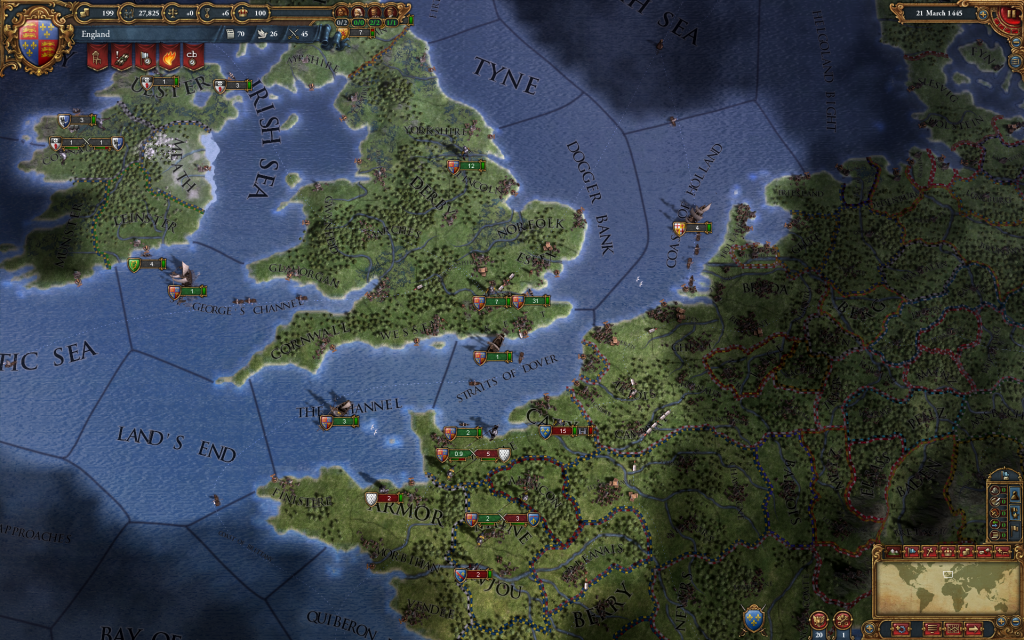As Pike revealed yesterday I’ve been working on a mod for Victoria II lately. It came to me while I was playing the rather good Fallout mod for Darkest Hour, because one of the challenges the modder faced there was dealing with the need to have a lot of land empty as ‘wasteland’, for the powers to colonize and claim. If you’re familiar with HoI2 and derived games you’ll know that this isn’t an easy feat, because HoI does not work like that, there are no empty provinces as in EU3 or V2 to colonize.
But hang on, there are empty provinces in those games and mechanics for claiming and settling them. So I thought, why not make a mod for one of them revolving around a similar idea? And now here we are, working on a post-apocalyptic setting for Victoria II, starting shortly after said apocalypse and covering the reclamation of the ruined Earth, the development of new technologies, and ultimately the emergence of new political ideas.

It’s a lot of work, even the fairly simple stuff like putting in new countries and editing provinces. But what’s really struck me on this project is how tough it is to keep things balanced. Now partly this is because I’m in no position to mod the AI, so I’m working with the thing as it stands, but it’s really difficult to ensure that people don’t just dominate. In the regular game the UK is the dominant power and unless you’re a decent player or the USA they’re staying that way. With so much more land available to colonize however, the ability of countries to simply run away with the game by claiming more and more land is acute here, and my biggest challenge has, as I say, been working with that.
As I work on the mod the problem decreases but it’s still something I’ve been struck by; balancing is something of a totemic idea that holds less real value than might be assumed at first blush. To take vanilla V2 again, playing as Cambodia should not be as easy as playing as France and there’s nothing wrong with that. Still, there needs to be a semblance of the ability to compete even if you can’t expect to conquer the world, and it’s both interesting and daunting to experience first-hand what developers must struggle with every day.







